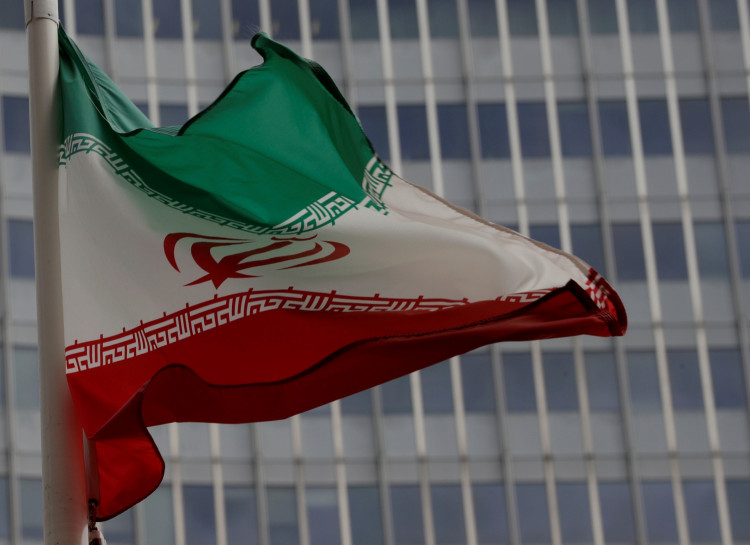Newly uncovered documents reveal that Hamas actively sought Iran's involvement in the surprise October 7, 2023, attack on Israel. The report, published by The New York Times, exposes how Hamas tried to persuade Iran to launch strikes on Israel, potentially triggering a wider regional conflict. However, Tehran, while supportive in principle, did not engage directly in the attack. Iran has since denied any involvement, calling the allegations "fabricated" and "devoid of credence."
The documents, reportedly seized by Israeli forces during a raid on a Hamas command center, detail high-level meetings in the months leading up to the attack, including a July 2023 meeting in Lebanon. During this meeting, a senior Hamas official met with an Iranian commander to request assistance with targeting sensitive Israeli sites. The Iranian commander expressed support for Hamas' objectives but stated that Iran needed additional time to prepare. The minutes of these meetings, verified by the Israeli military, also show that Hezbollah, Iran's ally, had tentative support for the attack but required further coordination.
While Hamas ultimately carried out the attack alone, killing approximately 1,200 Israelis and taking 250 hostages, the group had hoped that Iran and Hezbollah would join them, escalating the conflict into a full-scale regional war. Hamas had codenamed the attack "the big project" and saw it as a way to inflict maximum damage on Israel, disrupt efforts to normalize relations between Israel and Saudi Arabia, and push back against Israel's occupation of the West Bank.
Despite Hamas' efforts, Iran did not participate in the October 7 assault. Tehran has officially denied any direct involvement in the attack. In response to the report, the Permanent Mission of the Islamic Republic of Iran to the United Nations dismissed the allegations as "fabricated," adding that even Hamas officials had stated that they had no prior knowledge of the attack and that it was planned entirely by Hamas' military wing in Gaza. Iran's Supreme Leader Ayatollah Khamenei reiterated this stance in public statements, while American intelligence agencies have reported that Iran was likely caught off guard by the timing of the attack.
Nevertheless, Israel's Prime Minister Benjamin Netanyahu has vowed to continue the offensive in Gaza, calling the Hamas assault "Israel's 9/11." The conflict has since evolved, with Israel continuing military operations in Gaza, which have resulted in over 42,000 Palestinian deaths, according to Gaza's Health Ministry. Israel remains focused on dismantling Hamas' leadership and rescuing hostages, while the region teeters on the brink of a larger war. Hezbollah, based in Lebanon, has fired rockets into Israel in solidarity with Hamas, while Iranian-backed Houthis in Yemen have attacked ships in the Red Sea connected to Israel.
Tensions escalated further when Iran launched 181 missiles at Israel in early October 2024, in response to Israeli airstrikes on Hezbollah positions. Almost all of the Iranian missiles were intercepted, but the event underscored the precariousness of the situation in the Middle East. Following the missile strike, U.S. officials imposed additional sanctions on Iran, particularly targeting its "ghost fleet" of ships involved in circumventing sanctions on the country's energy sector.
CIA Director William Burns has warned of the increasing risk of miscalculation in the region. While neither Israel nor Iran has expressed a desire for full-scale war, Burns highlighted the potential for an unintended escalation, especially given the complex web of proxy forces operating in the region. Burns added, "We face the very real danger of a further regional escalation of conflict."
Israel has been closely monitoring Hezbollah and other Iranian-backed militias in the region, with ongoing skirmishes and airstrikes raising fears of a broader conflict. Meanwhile, Prime Minister Netanyahu has vowed that Iran will "pay" for its actions, leaving the door open for further military responses. As the situation unfolds, world leaders continue to call for de-escalation, but the region remains on edge as tensions simmer.




